Science and technology aims to simplify each and every industry and profession for humanbeings. Technological Innovation always provides ease and comfort to mankind. The construction industry, often characterized as traditional and slow to adopt change, is now undergoing a huge transformation because of modern emerging technologies. These technologies are revolutionizing every aspect of construction, from design and planning to execution and maintenance. In this blogpost, we’ll explore the top 10 modern emerging technologies shaping the future of the construction industry.
List of Top 10 Futurisitic Technologies in Construction Industry
- Building Information Modeling (BIM)
- Drones and UAV’S
- 3D Printing
- Augmented Reality (VR)
- Virtual Reality (AI)
- Internet of Things (IOT)
- Robotics
- Artificial Intelligence (AI)
- Self-Healing Concrete
- Blockchain Technology
Now, we discuss these 10 cutting-edge and modern technologies one by one and put light on their role in the revolution of construction Industry.
1- Building Information Modeling (BIM)

Building Information Modeling, or BIM, has emerged as a game-changer in the construction industry. It allows architects, engineers, and contractors to collaboratively create and manage digital representations of physical and functional characteristics of places. By enabling stakeholders to visualize a project before it’s built, BIM minimizes errors, improves coordination, and enhances efficiency throughout the construction process.
2-Drones and UAVs

Unmanned Aerial Vehicles (UAVs), commonly known as drones, are increasingly being utilized in the construction industry for site surveying, progress monitoring, and safety inspections. Drones equipped with high-resolution cameras and sensors can capture detailed aerial imagery, providing valuable data for project planning and management. Moreover, drones enhance safety by enabling remote inspections of hazardous or hard-to-reach areas.
3- 3D Printing
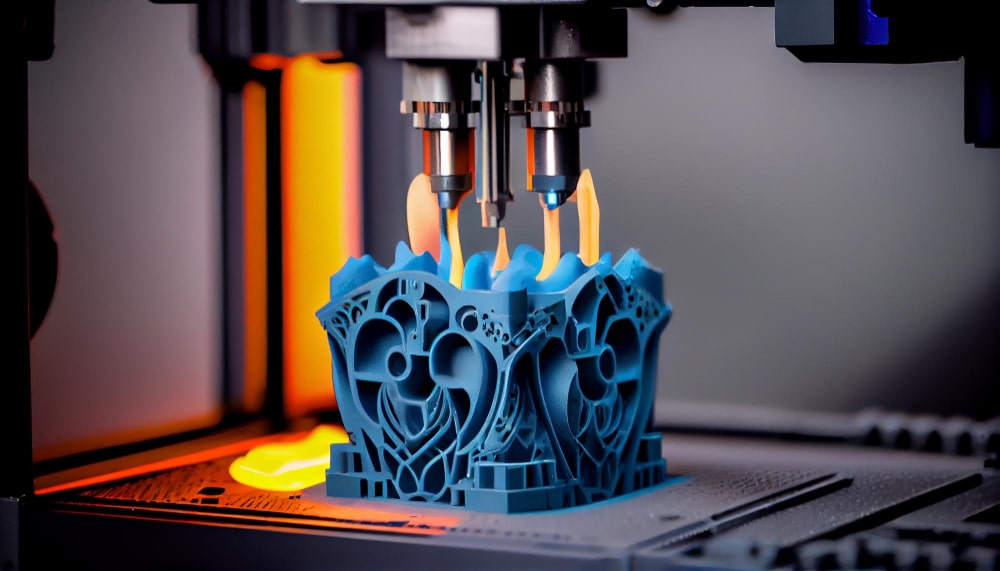
3D printing, is also an innovative concept in construction industry also known as additive manufacturing. It, is revolutionizing construction by enabling the rapid prototyping of architectural elements and structures. This technology allows for the fabrication of complex geometries with precision and efficiency, reducing material waste and construction time. From concrete walls to large and complex building components, 3D printing holds the promise of cost-effective and sustainable construction solutions.
If you want to read more about 3D printing, click here
4- Augmented Reality (AR)
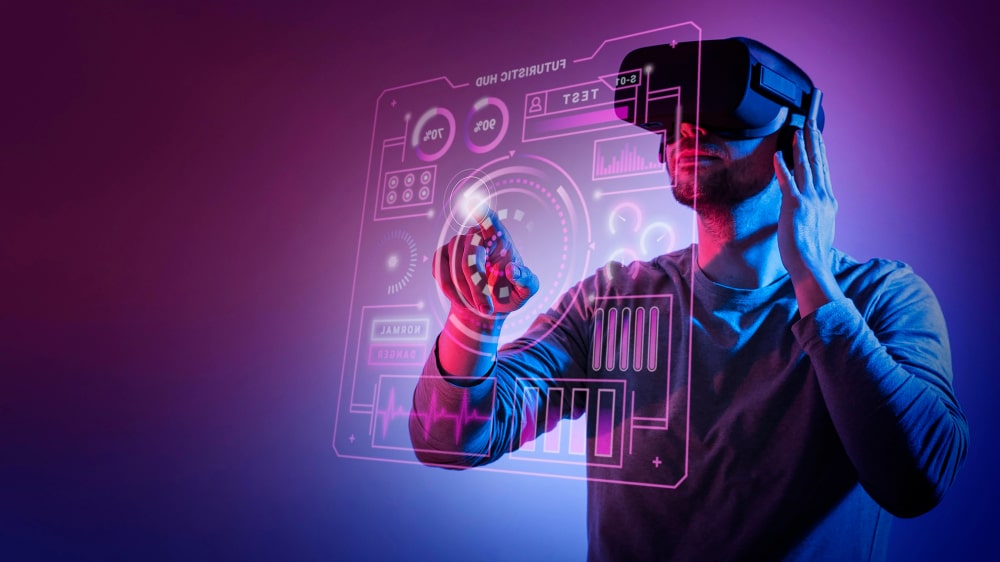
Augmented Reality (AR) overlays digital information onto the real world, offering immersive experiences for design visualization and project management. In construction, AR applications allow stakeholders to interact with virtual models overlaid onto physical environments, facilitating better decision-making and reducing errors during construction activities.
5- Virtual Reality (VR)
Virtual Reality (VR) technology immerses users in a simulated environment, providing realistic experiences that aid in design review, training, and client presentations. In construction, VR enables stakeholders to explore building designs at a human scale, identify potential issues, and make informed decisions before construction begins. VR simulations also enhance safety training by allowing workers to practice hazardous tasks in a virtual environment.
6- Internet of Things (IoT)

The Internet of Things (IoT) is connecting construction sites with smart sensors and devices, enabling real-time monitoring and optimization of various processes. IoT applications in construction include remote equipment monitoring, predictive maintenance, and environmental monitoring for improved safety and efficiency. By collecting and analyzing data from construction sites, IoT helps project teams make data-driven decisions and optimize resource utilization.
7- Robotics
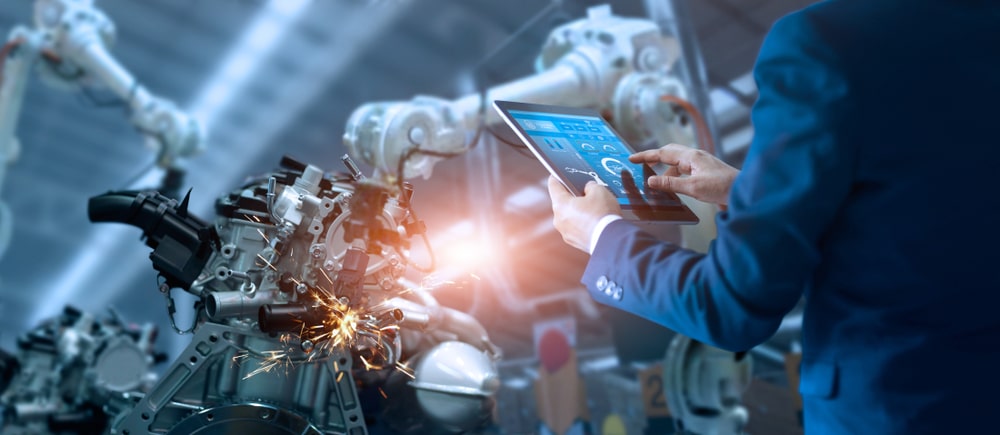
Robots are increasingly being deployed in construction for tasks ranging from bricklaying and welding to site cleanup and demolition. These robots, equipped with advanced sensors and algorithms, can perform repetitive and dangerous tasks with precision and efficiency, reducing labor costs and improving safety on construction sites.
8- Artificial Intelligence (AI)
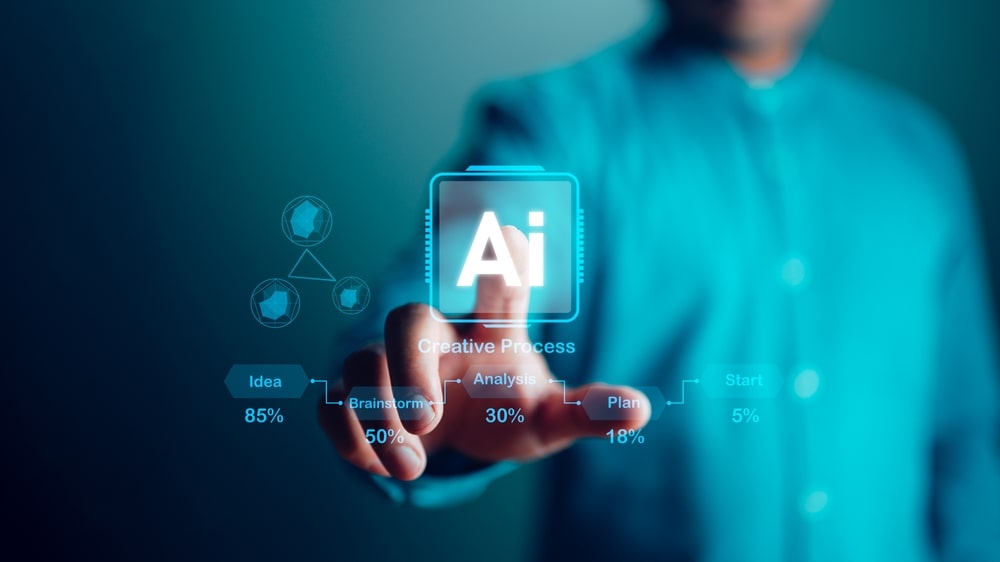
Artificial Intelligence (AI) is revolutionizing project planning, risk management, and quality control in the construction industry. AI algorithms analyze vast amounts of data to identify patterns, predict outcomes, and optimize construction processes. From scheduling and logistics to safety monitoring and quality assurance, AI-powered tools are enhancing productivity and driving innovation in construction projects.
9- Self-healing Concrete
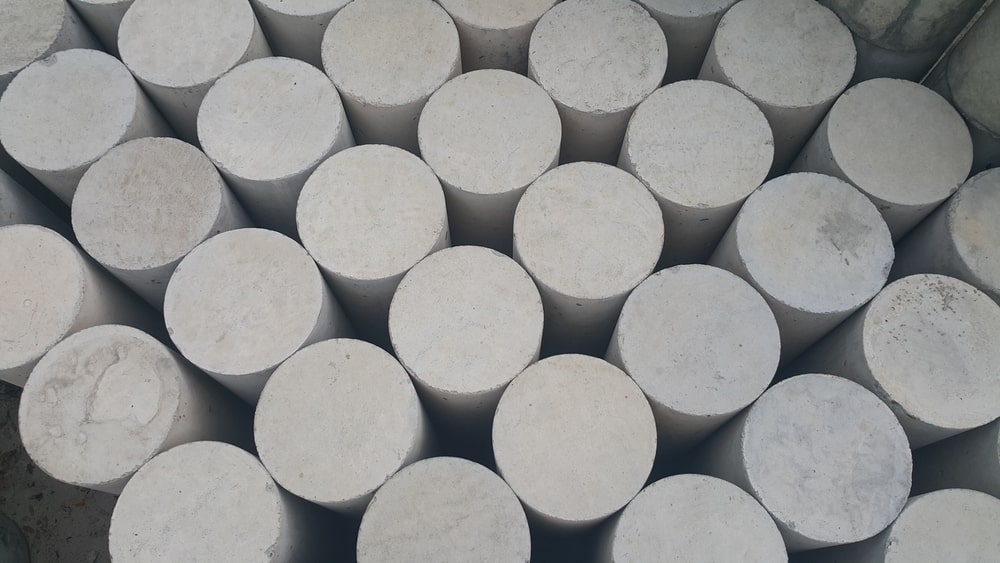
Self-healing concrete is an innovative material that repairs cracks autonomously, extending the lifespan of structures and reducing maintenance costs. By embedding healing agents or bacteria within the concrete mix, self-healing concrete can heal cracks before they compromise structural integrity, ensuring long-term durability and sustainability.
10- Blockchain Technology

Blockchain technology is revolutionizing the construction industry by providing a secure and transparent platform for managing project data and transactions. By creating an fixed and immutable digital ledger, blockchain enables stakeholders to track the flow of materials, payments, and documentation throughout the construction process, reducing disputes and improving trust among all the project participants.
Final Thoughts
Coming towards the conclusion, the construction industry and entire civil engineering profession is transforming day by day driven by modern emerging technologies. From Building Information Modeling and drones to 3D printing and artificial intelligence, these technologies are reshaping how buildings are designed, constructed, and maintained. As professionals, we have to embrace innovation and adopting these technologies, for a sustainable and well-developd future of world.

